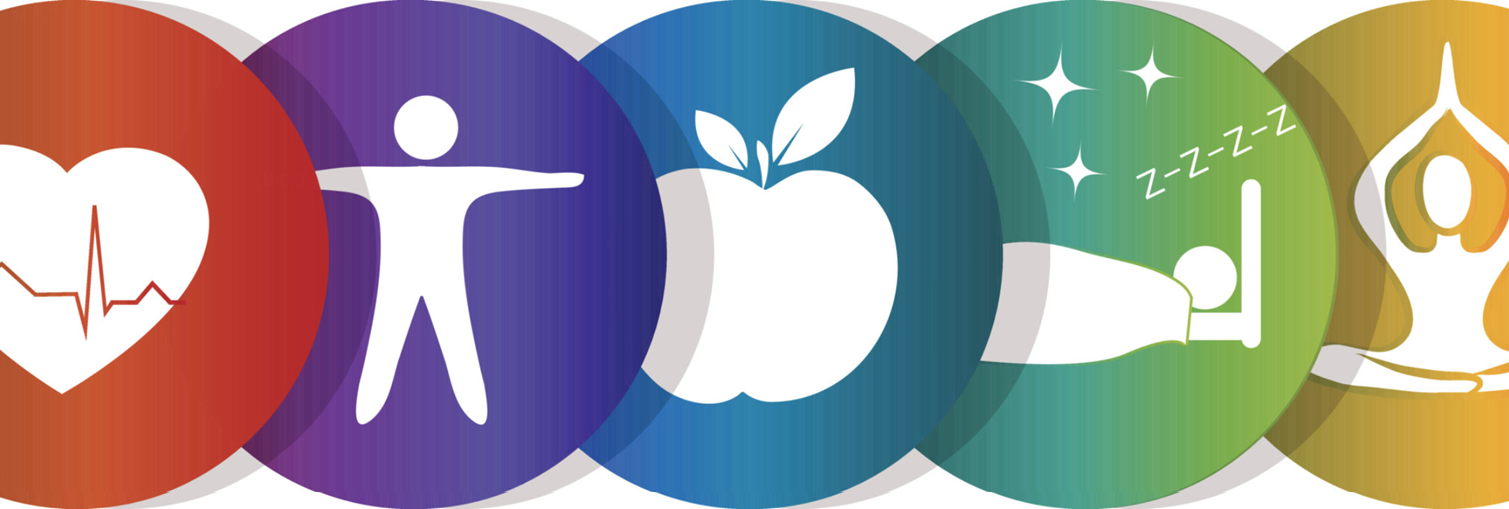The 3 Triggers of Chronic Inflammation
The Dirt:
Are you inflamed? There are three main reasons your body could have chronic inflammation: digestive issues, obesity, and ingesting too many toxins.
Nutrition
The 3 Triggers of Chronic Inflammation
The Dirt:
Are you inflamed? There are three main reasons your body could have chronic inflammation: digestive issues, obesity, and ingesting too many toxins.
As the summer is winding down, the Dirt-to-Dinner team has been flooded with questions regarding inflammation. Our readers complain that they feel bloated, tired, and lethargic. Are they inflamed? Quite possibly. The Dirt to Dinner team spoke with Dr. Peter Bongiorno from Inner Source Health and he identified the top three triggers for chronic inflammation.
Digestion: A healthy gut keeps inflammation at bay.
The majority of your immune system is located in your digestive tract. Researchers have even dubbed your gut a second brain! (You can read more about that in a previous D2D post.) So, it is very important to keep your gut healthy. Eating nutrient-dense, whole foods will encourage good digestive enzymes and healthy bacteria to grow. This enables your digestive system to process your food and effectively eliminate waste.
A diet high in sugar and processed foods causes your immune system to initiate an inflammatory response to protect its healthy cells. If you have been tested by your doctor and suffer from specific food allergens, like gluten, for example, these foods can also trigger inflammation as your body tries to protect itself from the harmful stimuli.

Researchers today are working hard to understand how much of the immune system is located inside your digestive tract. It is believed that it is a significant source of inflammation triggers. infographic: Huffington Post
Obesity triggers an inflammatory response.
Having excess body fat, especially visceral fat around the hips and abdomen, contributes to chronic, low-grade inflammation. This can cause DNA damage and an increase in risk factors for at least 13 different types of cancers.
Fat tissue will create inflammation that uses up nutrients and makes it more challenging for your body to clear toxic substances. It also switches how cells grow and use energy.
(Dr. Peter Bongiorno, Inner Source Health)

Obesity is a leading cause of chronic illness and is attributed to many types of cancer.
Too many toxins in your life?
As we discussed in “Nix the Toxins,” if you are inhaling or ingesting large amounts of toxic substances, they can be stored in fatty tissue and then eventually your healthy cells. While our bodies can metabolize a certain amount of toxins, too many can cause cell inflammation and damage. Unfortunately, this includes overconsuming our favorite summer drinks, like rosé, tequila, and all those gin & tonics! Overly processed foods and an unhealthy gut can also have the same negative effect. If you expose yourself to more toxins than your body eliminates, this may create inflammation.

If you are exposing yourself to more toxicants than your body is eliminating, this may create inflammation.
How can you stay healthy?
You may not always be able to see the effects of inflammation, but keep an eye out for the signs. These include fatigue, weight gain, skin outbreaks, gastrointestinal issues, and even depression or anxiety. The best way to fight inflammation is with a healthy diet, regular exercise, and sleep. To read more about inflammatory responses, read our previous post, What is Inflammation?
The Bottom Line:
A compromised immune system, stress, obesity, lack of sleep, and a poor diet all play a role in the onset of chronic inflammation. This condition is linked to a variety of illnesses, including cancer. To better your health, look at your daily routine and see if any of the choices you are making may contribute to an inflammatory response.

Navigating Nutrition, Health & Wellness Trends
Health consciousness is not just a trend, but a lifestyle. Mintel's latest report sheds light on the pivotal trends shaping the future of nutrition, health and wellness. Here, we delve into the report with the intention to make lasting changes for our long-term health.
Latest in other news...

Uncovering Illegal Fishing Vessels
A recent study reports that 75% of all global fishing fleets are considered “dark vessels” – untraceable ships illegally capturing seafood while damaging biodiversity, local economies, and quality of life for millions. So we asked ourselves: do we know where our seafood comes from?





